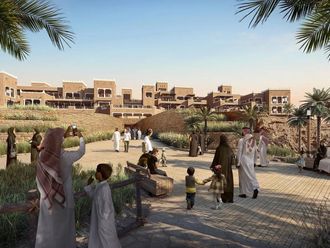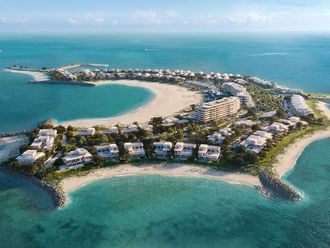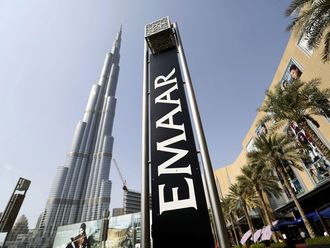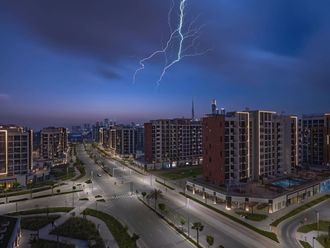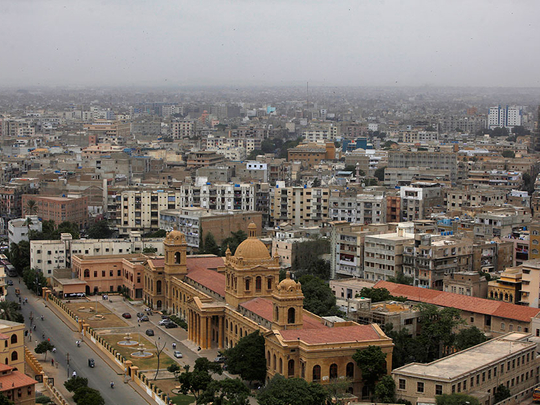
Anyone who bought property during the bloody carnage in Pakistan’s biggest city over the past few years is now cashing in.
Property prices are growing faster in Karachi than in any other major Pakistani city this year as the streets become safer following a security blitz that began in September 2013. Police have counted 68 murder-free days from August 2014 until early December, and the average number of daily killings has dropped to four from about seven.
“Karachi’s market, especially, has us on the edge of our seats,” said Zeeshan Ali Khan, chief executive officer of Zameen.com, which claims to run Pakistan’s largest property website. Sales have “grazed peak after peak” following the security operation, he said.
The safer streets reflect efforts by Pakistani authorities to clamp down on terrorism and organized crime that has deterred investment. More commerce in one of the world’s fastest-growing megacities will also help the national economy: Karachi generates about half of Pakistan’s tax revenue and is home to the country’s stock exchange and central bank.
“Now people have hope things will get better, and Karachi is the place they should be investing,” Arif Habib, chairman of Karachi-based conglomerate Arif Habib group, said in a Dec. 7 interview. “One year ago people were concerned to invest in their businesses in such a situation, or even expand.”
A 22 per cent jump
Average property prices in Karachi increased 22 per cent to 7,234 rupees ($70) per square foot in October compared with a year earlier, according to Zameen.com. By contrast, real estate prices rose 14 per cent in Lahore and fell 5.5 percent in Islamabad, the capital.
A reduction in extortion is helping drive demand in middle-class neighbourhoods of Karachi, according to Faraz Arif, head of research and marketing at Arif Habib Dolmen REIT Management Ltd. Previously, some potential buyers would have to pay about 20 per cent of the purchase price to gangs in cash, he says.
“For them the difference is significant," Arif said in an interview. “Now those people are more confident.”
Despite the recent property price surge though, the outlook remains mixed.
Tough on overseas investment
Some more affluent members of Karachi are investing in real estate because tougher enforcement of tax laws is making it harder to move money overseas, Arif says. The price surge may subside when the “real buyer has been priced out,” he says.
The security situation also remains perilous. Many areas of Karachi are considered off limits to foreigners and reprisal attacks are still common, including the killing of two military police on December 1. While four murders a day is an improvement for Karachi, it’s still four times more than New York City.
All in all, however, the mood is much more optimistic than a year ago. Consumers spent 70 billion rupees during the Muslim holiday season of Eid in June and July this year - about 40 per cent more than last year and nearly triple the amount spent in 2013, according to Atiq Mir, chairman All Karachi Tajir Ittehad, which represents more than 400 trade groups in the city.
“Now we see people making investments - stocks piling in shops, in godowns, factories are running,” Mir says. “We want this operation to continue."
- With assistance from Faseeh Mangi and Kamran Haider/ Bloomberg


